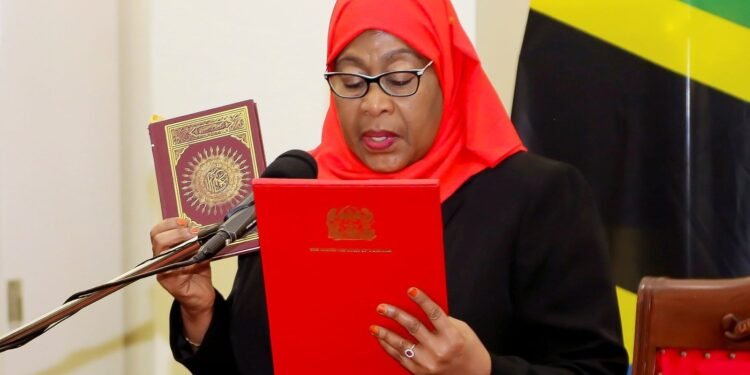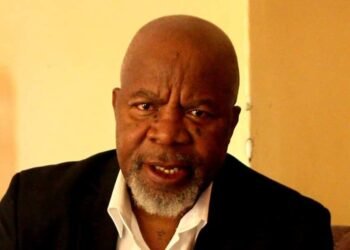SADC declares Tanzania poll not free, fair
By Mast Reporter
THE Southern African Development Community (SADC) Electoral Observation Mission (SEOM) has concluded that Tanzania’s just-ended general election was neither free nor fair, saying it fell short of the regional body’s democratic standards.
In its preliminary statement issued yesterday, SEOM Head of Delegation Richard Msowoya, a former Speaker of the Malawian Parliament, said the electoral process failed to reflect the genuine will of the people.
“Overall, the 2025 General Election in the United Republic of Tanzania fell short of the requirements of the SADC Principles and Guidelines Governing Democratic Elections,” Msowoya said.
He said in many areas, voters and the general public were unable to freely express their democratic choice due to intimidation, violence and restrictions on opposition parties.
Msowoya urged Tanzanians to raise any grievances through legal channels and avoid violence, adding that a comprehensive final report would be issued within 30 days.
He said SEOM observers faced harassment during their work, including denial of formal accreditation, harassment by security forces, and confiscation of documents.
“In Tanga Town, our observers were subjected to aggressive interrogation by security personnel, had their passports seized, and were forced to delete official mission photographs from their devices,” he said.
According to the mission, the polls were marred by threats, intimidation, and the arrest of opposition figures.
Msowoya cited the detention and treason trial of CHADEMA leader Tundu Lissu, and the disqualification of ACT Wazalendo candidate Luhaga Mpina, as examples of how the playing field was tilted in favour of the ruling party.
“These arrests and disqualifications undermine multi-party democracy and remove legitimate competition from the electoral process,” he said.
He said restrictions on media freedom and biased state broadcaster coverage further compromised the credibility of the vote.
Msowoya warned that such conditions discouraged voter turnout and eroded public confidence in the electoral process.

























